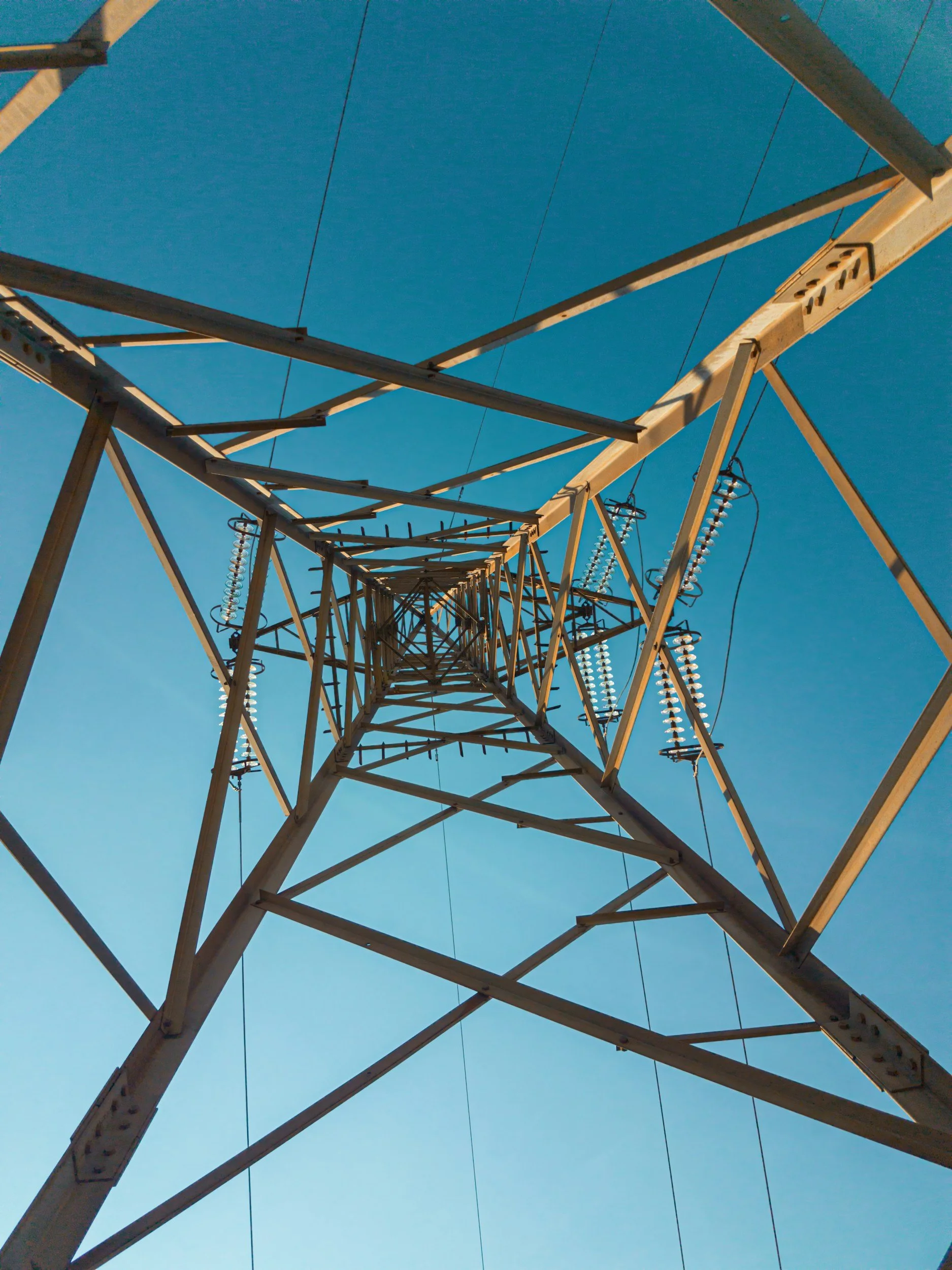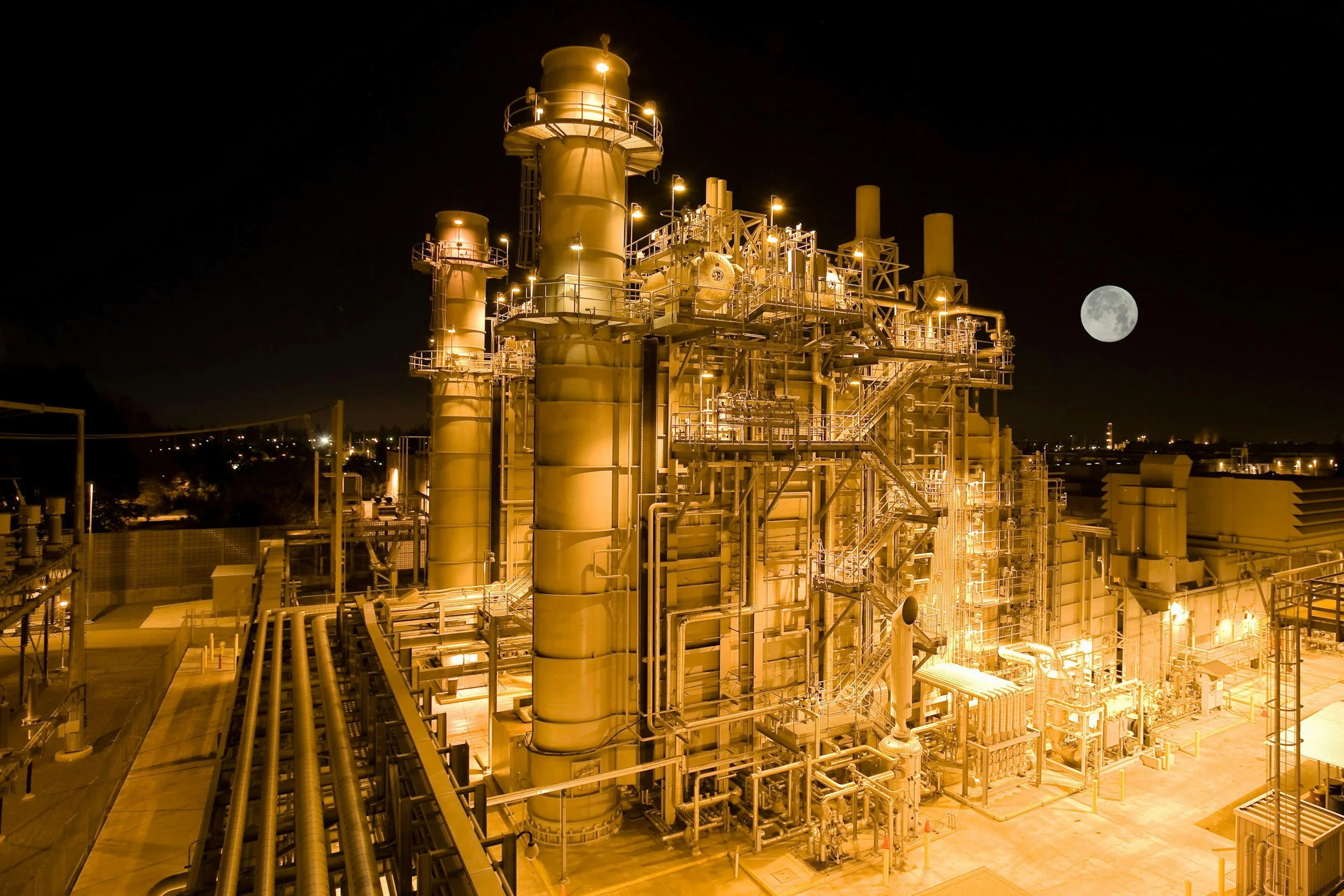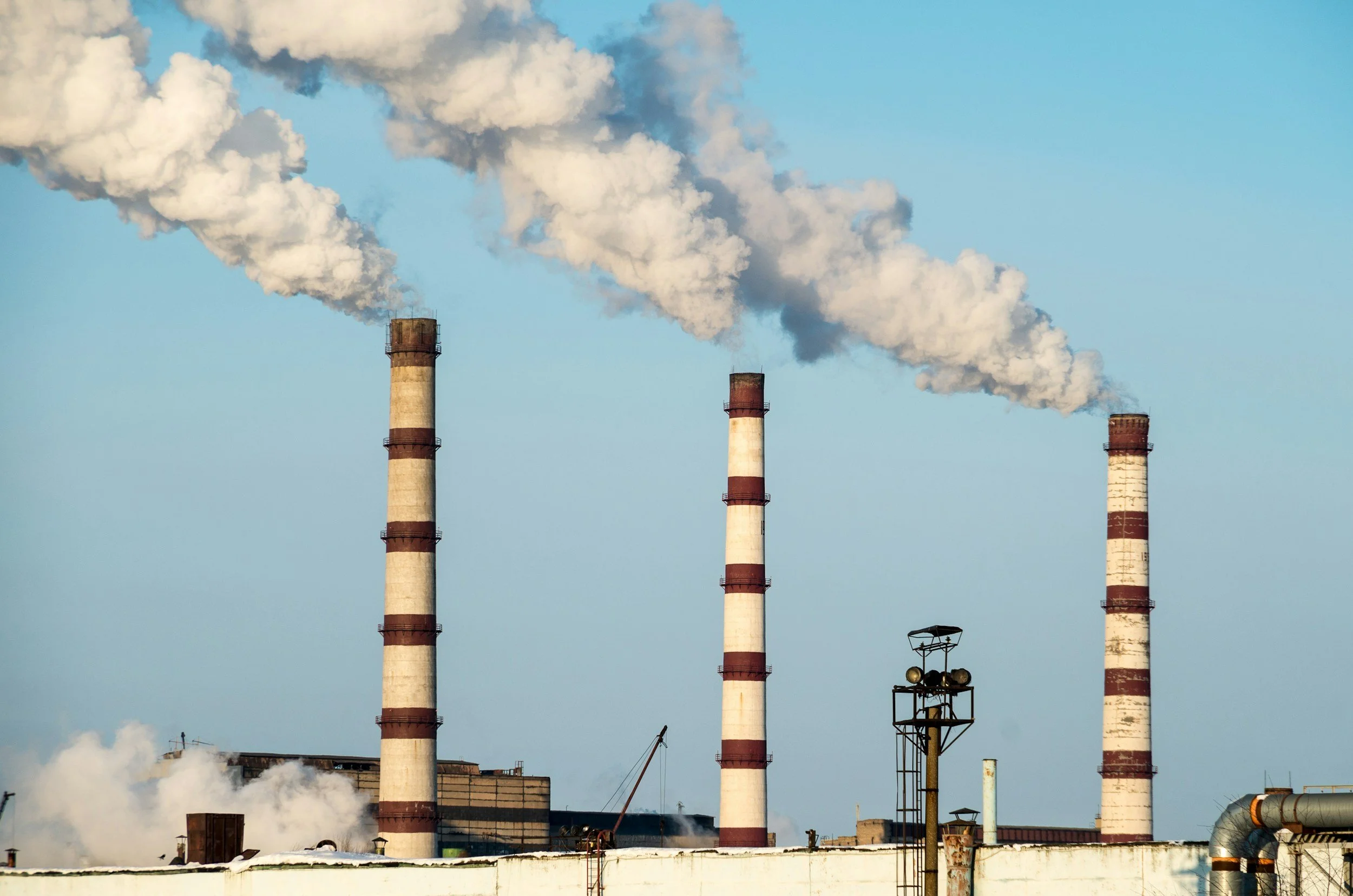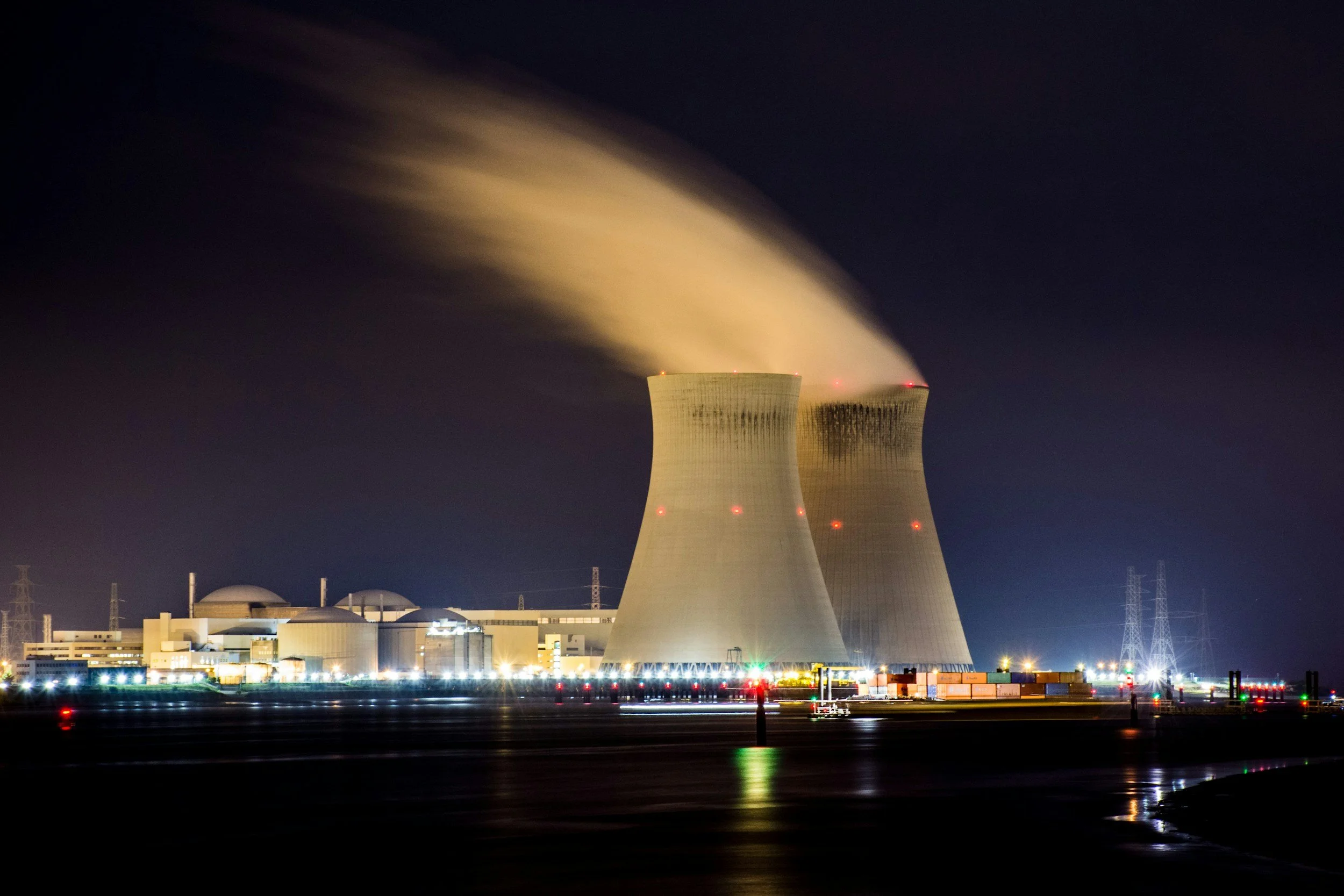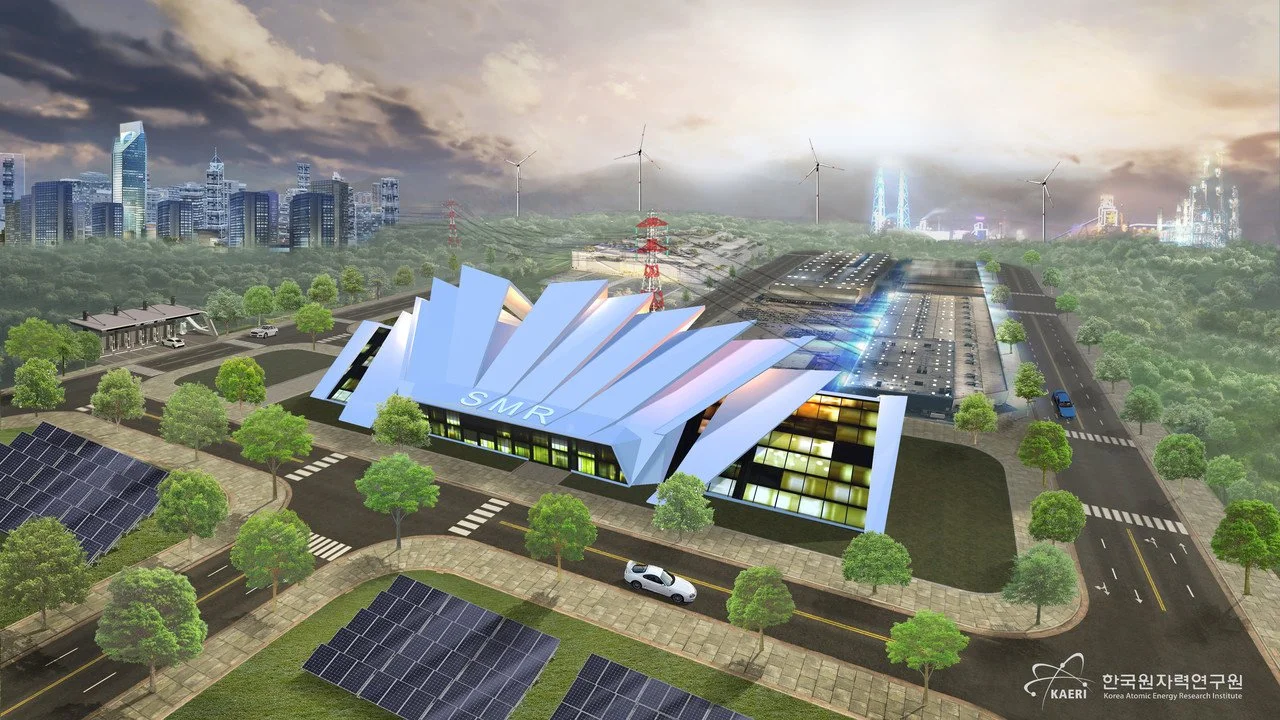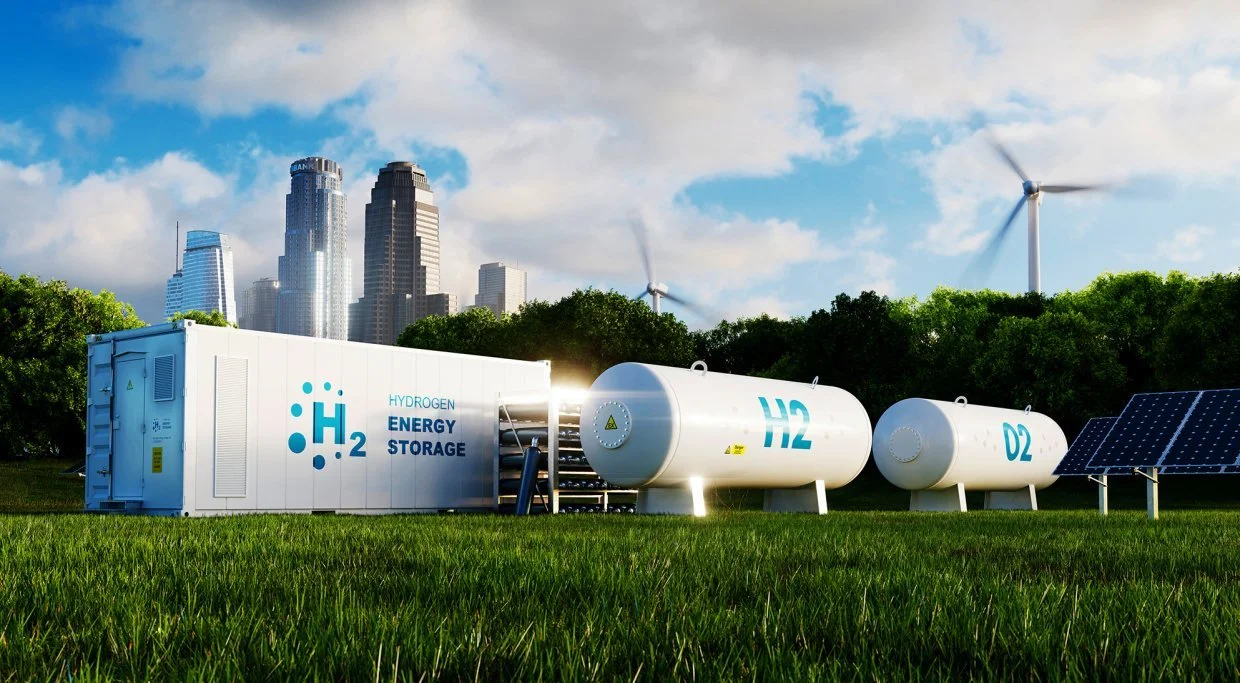Energy is the KEY
We need more Energy, Made Clean
Energy is essential for economic growth and human development. It powers industries, transportation, and households, enabling societies to function efficiently. Without reliable energy, modern economies cannot sustain production, communication, or essential services. A stable energy supply is critical for national security and long-term prosperity, ensuring that businesses, industries, and public services operate without disruption.
As global economies expand, both developed and developing nations face growing energy demands. Industrialized nations require more energy for advanced manufacturing, data centers, and transportation electrification, while emerging economies need reliable power to support urbanization, infrastructure development, and social progress. In underdeveloped regions, access to electricity is essential for poverty reduction, healthcare, and education, making energy expansion a priority for economic inclusion.
However, with rising demand comes the challenge of sustainability. Traditional energy sources contribute to environmental degradation and climate change, necessitating a shift toward cleaner and more efficient alternatives. To ensure long-term energy security and environmental responsibility, investments in renewable energy, nuclear power, and next-generation technologies are essential. These solutions will enable nations to meet their energy needs while reducing emissions and mitigating the risks of climate change.
Energy sources
Focus Solution
SMR
Small Modular Reactor (SMR) is a compact, advanced nuclear reactor designed for efficient, scalable power generation. SMRs offer enhanced safety features, lower costs, and faster deployment compared to traditional nuclear plants. Their modular design allows for flexible installation in remote areas or industrial sites, supporting energy security and grid stability. With the ability to provide reliable, low-carbon energy, SMRs play a crucial role in reducing dependence on fossil fuels and supporting clean energy transitions.
ESS
An Energy Storage System (ESS) captures and stores energy for later use, ensuring a stable power supply and balancing electricity demand. It stores excess energy from renewables like solar and wind, releasing it when needed to enhance grid stability and prevent outages. ESS technologies, such as lithium-ion batteries and pumped hydro storage, support backup power, peak load management, and energy efficiency. As renewable energy adoption grows, ESS plays a crucial role in ensuring energy security and sustainability.
Hydrogen
Hydrogen is a versatile, clean energy carrier that can be used for power generation, transportation, and industrial applications. When produced using renewable energy (green hydrogen), it offers a zero-emission alternative to fossil fuels. Hydrogen can be stored, transported, and converted into electricity or heat, making it valuable for grid stability and energy security. Its applications range from fuel cells in vehicles to industrial processes like steel and ammonia production. As the demand for sustainable energy grows, hydrogen plays a crucial role in reducing carbon emissions and supporting the global clean energy transition.
